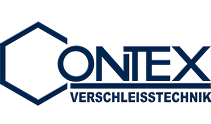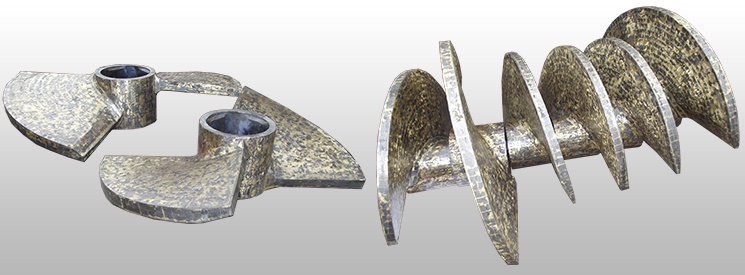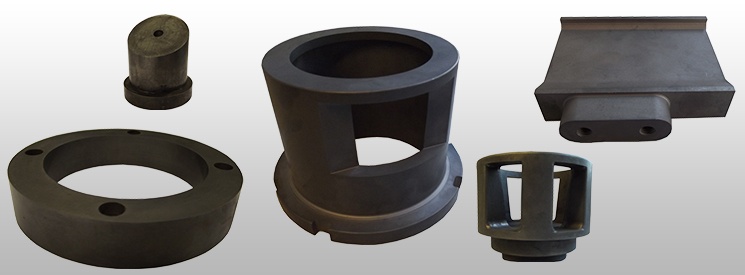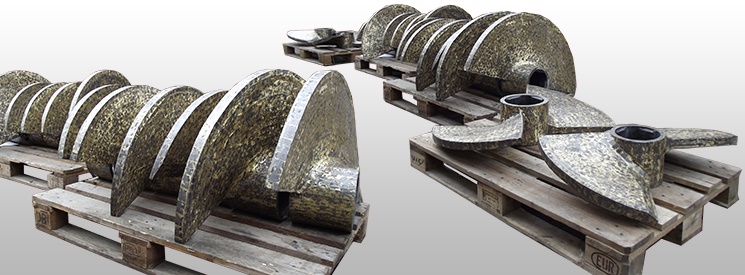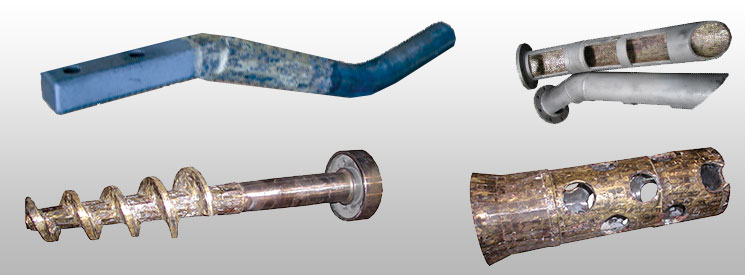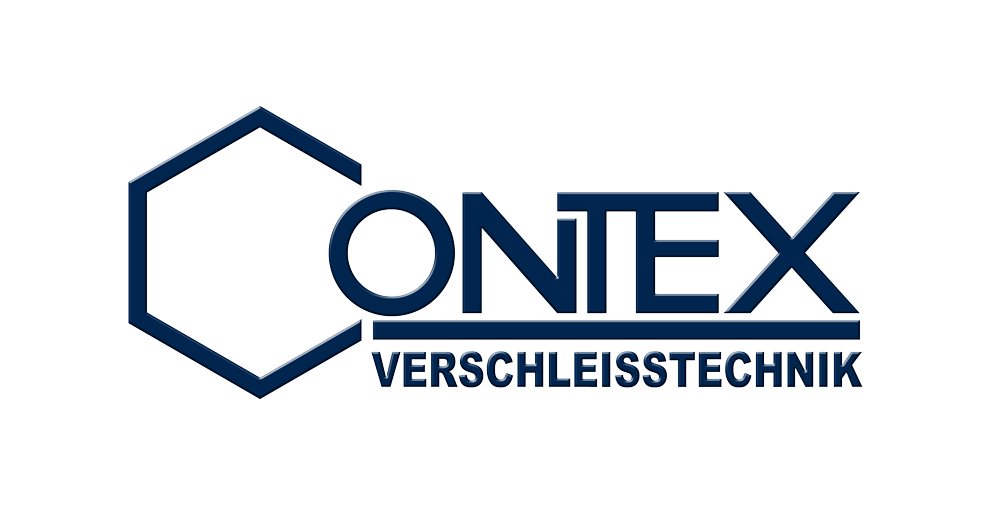Tungsten Carbide
Hard Metal is a composite material, comprising of more than 90 % of Tungsten Carbide in combination with a metallic matrix.
Hard Metal is being pressed and sintered, which makes it extremely hard and wear resistant.
Grades:
There are different types of hard metal, depending on which particular material is being added or used alternatively to Tungsten Carbide.
We use, amongst others:
CAR = Contex Abrasive Resistant hard metal
CIR = Contex Impact Resistant hard metal
CMS = Contex Mining Special hard metal
CSR = Contex Stick Resistant hard metal
CAR hard metal, i.e. Contex Abrasive Resistant hard metal is the material we use the most. It is highly wear resistant and offers best properties against abrasion.
It is ideally suitable for extreme wear without impact.
CIR hard metal, i.e. Contex Impact Resistant hard metal is a highly impact resistant hard metal , which is not only abrasive-resistant but also extremely break-proof.
It is used for applications submitted to wear with partially intense impact conditions, such as vibration table liners with steel pallets.
CSR hard metal, i.e. Contex Stick Resistant hard metal offers best properties against abrasion with an excellent sliding ability, ideally suitable for example for the clay industry.
CMS hard metal, i.e. Contex Mining Special hard metal, is particularly impact resistant. This hard metal is abrasive-resistant as well as break-resistant – therewith ideally suitable
for applications with high wear and occasional, not too intensive, impact, like for instance in the mining or paper industry, in grinding machines and products with a shear force.
Product Properties / Advantages:
– High hardness
– High heat resistance (upto 1000°C)
– High wear resistance
– Corrosion resistant
Material application:
For products in which welded, hardened or cast alloys cannot cope.
Protection with Tungsten Carbide
– for applications with high wear
– flexible thanks to new hard metals
– also environmently friendly recycled hard metal is used
– potential to reduce the costs of spare parts
– drastic reduction of maintenance costs due to less down-times
and reduction of maintenance intervals
reduced workload for qualified staff, more flexible personnel deplayment
– constant mixing quality
drastic reduction of waste
less problems with waste disposal
possibility to change single tips resulting in reduction of waste and costs for repair
We can recommend the best possible combination for your needs.
